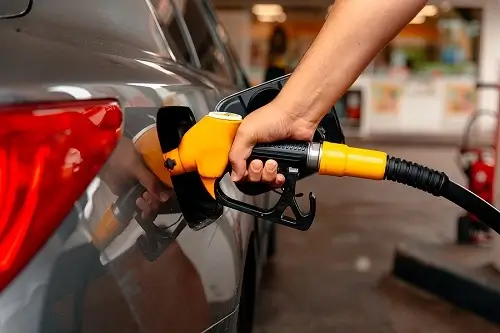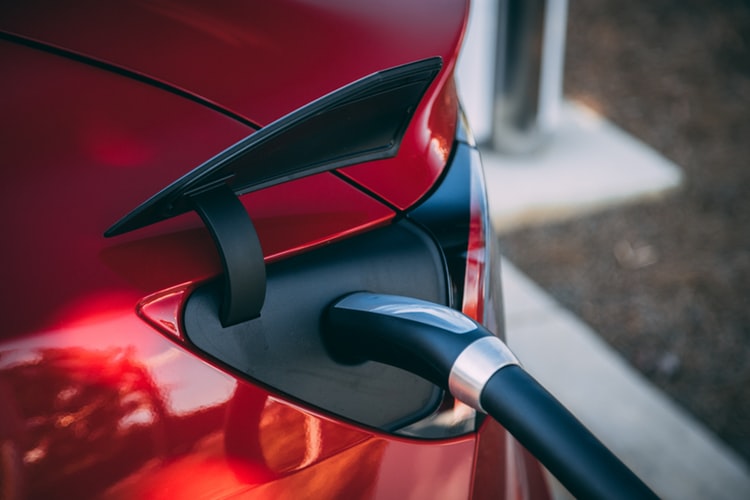Fuel Efficiency Optimization Strategies In the world of modern motoring, fuel efficiency has emerged as a paramount concern. With the ever-rising cost of fuel and growing environmental consciousness, optimizing your vehicle’s fuel efficiency is both a prudent financial choice and an eco-friendly endeavor. In this comprehensive guide, we will explore a spectrum of innovative strategies designed to help you Fuel Efficiency Optimization Strategies, embrace Fuel Efficiency Optimization Strategies, and effectively Fuel Efficiency Optimization Strategies through a range of Fuel Efficiency Optimization Strategies.
Decoding the Significance of Fuel Efficiency
Understanding Fuel Efficiency
Fuel efficiency, in essence, is the art of maximizing your vehicle’s performance while minimizing its fuel consumption. It represents the ability to extract the most mileage from each gallon of fuel, quantified by the familiar term Miles Per Gallon (MPG). But it is more than just a number; it is a reflection of sustainability, economy, and a reduced carbon footprint.
Fuel efficiency isn’t just about saving money; it’s about driving responsibly and contributing to a cleaner, more eco-conscious world. By optimizing fuel efficiency, you not only cut your fuel costs but also play your part in a greener future.
Mastering the Art of Fuel Efficiency
Achieving optimal fuel efficiency is not a single-step process; rather, it involves a combination of driving practices, vehicle maintenance, and smart choices. To embark on this journey, you’ll need to explore the universe of fuel efficiency optimization.
Eco-Friendly Driving Tips for Fuel Efficiency
**1. Smooth Acceleration and Deceleration
One of the fundamental principles of eco-friendly driving is the art of driving smoothly. Avoid sudden bursts of acceleration and abrupt braking. Instead, aim for gradual and consistent speed changes, allowing your vehicle’s engine to operate more efficiently and consume less fuel.
**2. Reduce Idle Time
Idling your vehicle consumes unnecessary fuel. The modern engine is designed to be more efficient when turned off and then restarted. If you anticipate being stationary for more than a minute, it’s advisable to turn off your engine, thus saving both fuel and reducing emissions.
**3. Air Conditioning Management
Air conditioning can be a fuel-hungry feature. Use it judiciously, especially on hot days. Consider opting for your vehicle’s ventilation system or opening windows to minimize the strain on your engine and improve your fuel efficiency. On cooler days, avoid unnecessary use of the heater.
**4. Moderate Speeds for Optimal Efficiency
Higher speeds lead to increased aerodynamic drag, which translates to reduced fuel efficiency. To optimize your fuel economy, maintain a moderate speed, especially on highways. Avoid excessive speeding, and you’ll soon see your MPG figures climb.
**5. Smart Route Planning
Efficient trip planning can save you both time and fuel. Combining errands and selecting the shortest routes can reduce your overall mileage and fuel consumption. GPS and navigation apps can be your allies in finding the most fuel-efficient routes.
The Science of Vehicle Fuel Saving Techniques
**1. Proper Tire Maintenance
Tire maintenance is a cornerstone of fuel efficiency. Underinflated tires increase rolling resistance, forcing your engine to work harder. Ensure that your tires are adequately inflated and consider investing in low-rolling-resistance tires to further reduce the friction between your tires and the road.
**2. Lighten Your Load
Extra weight in your vehicle demands more fuel consumption. Remove unnecessary items from your vehicle, and avoid carrying heavy loads on roof racks, which increase aerodynamic drag. The lighter your vehicle, the less energy it requires to move, thus enhancing fuel efficiency.
**3. Engine Health and Maintenance
Routine engine maintenance is vital for fuel efficiency. A well-maintained engine with clean air filters, spark plugs, and well-functioning components operates more efficiently, resulting in fuel savings. Never overlook oil changes, and adhere to your vehicle manufacturer’s recommended maintenance schedule.
**4. Aerodynamic Improvements
Investing in aerodynamic enhancements such as air dams and spoilers can optimize your vehicle’s airflow, reducing drag. These modifications can lead to substantial fuel savings by improving fuel efficiency.
Leveraging Vehicle Technology for Fuel Efficiency
**1. Cruise Control for Steady Speeds
Cruise control is an invaluable tool for maintaining a consistent speed, especially on long highway journeys. It prevents unnecessary speed fluctuations, ultimately leading to improved fuel efficiency.
**2. Eco-Driving Mode
Many modern vehicles come equipped with an eco-driving mode that optimizes engine performance for maximum fuel efficiency. Engaging this mode whenever possible can significantly enhance your gas mileage.
**3. Fuel-Efficient Vehicle Choices
If you’re in the market for a new vehicle, consider options with advanced fuel-saving technologies. Hybrid and electric cars, for instance, are excellent choices. These vehicles combine gasoline engines with electric power to maximize fuel efficiency.
**4. Emissions Compliance
Ensuring your vehicle complies with emissions standards is not just an environmental responsibility; it also enhances fuel efficiency. A well-maintained engine is less likely to emit excess pollutants, which can affect your fuel consumption.
Monitoring and Measuring Fuel Efficiency
**1. Real-Time Fuel Consumption
Many modern cars are equipped with digital displays that show real-time MPG. Use this information to adjust your driving habits and track your progress in fuel efficiency optimization.
**2. Mileage Logs for In-Depth Analysis
Keeping a detailed mileage log allows you to track your fuel consumption over time. This helps you identify trends in fuel efficiency and make necessary adjustments to achieve your goals.
**3. GPS Navigation for Efficient Routes
GPS and navigation apps can assist in finding the most fuel-efficient routes to your destination. These routes consider various factors, including traffic, road conditions, and terrain, to help you conserve fuel.
The Ultimate Goal: Peak Fuel Efficiency
By adopting these strategies and embracing eco-friendly driving tips, you can inch closer to the ultimate goal of peak fuel efficiency. It’s a journey that not only saves you money at the pump but also contributes to a cleaner and more sustainable environment. It’s a win-win for your wallet and the planet.
Desistance : Fuel Efficiency Optimization Strategies
In conclusion, fuel efficiency optimization is an art that necessitates a holistic approach. Whether you’re fine-tuning your driving habits, investing in vehicle maintenance, leveraging technology, or embarking on a journey to find the most fuel-efficient routes, every effort you make inches us closer to a greener and more sustainable future. The road to peak fuel efficiency begins with your choices and your commitment to Improve Gas Mileage and embrace Efficiency Optimization Strategies. Fuel efficiency is not just a goal; it’s a journey towards a cleaner and more sustainable tomorrow.






